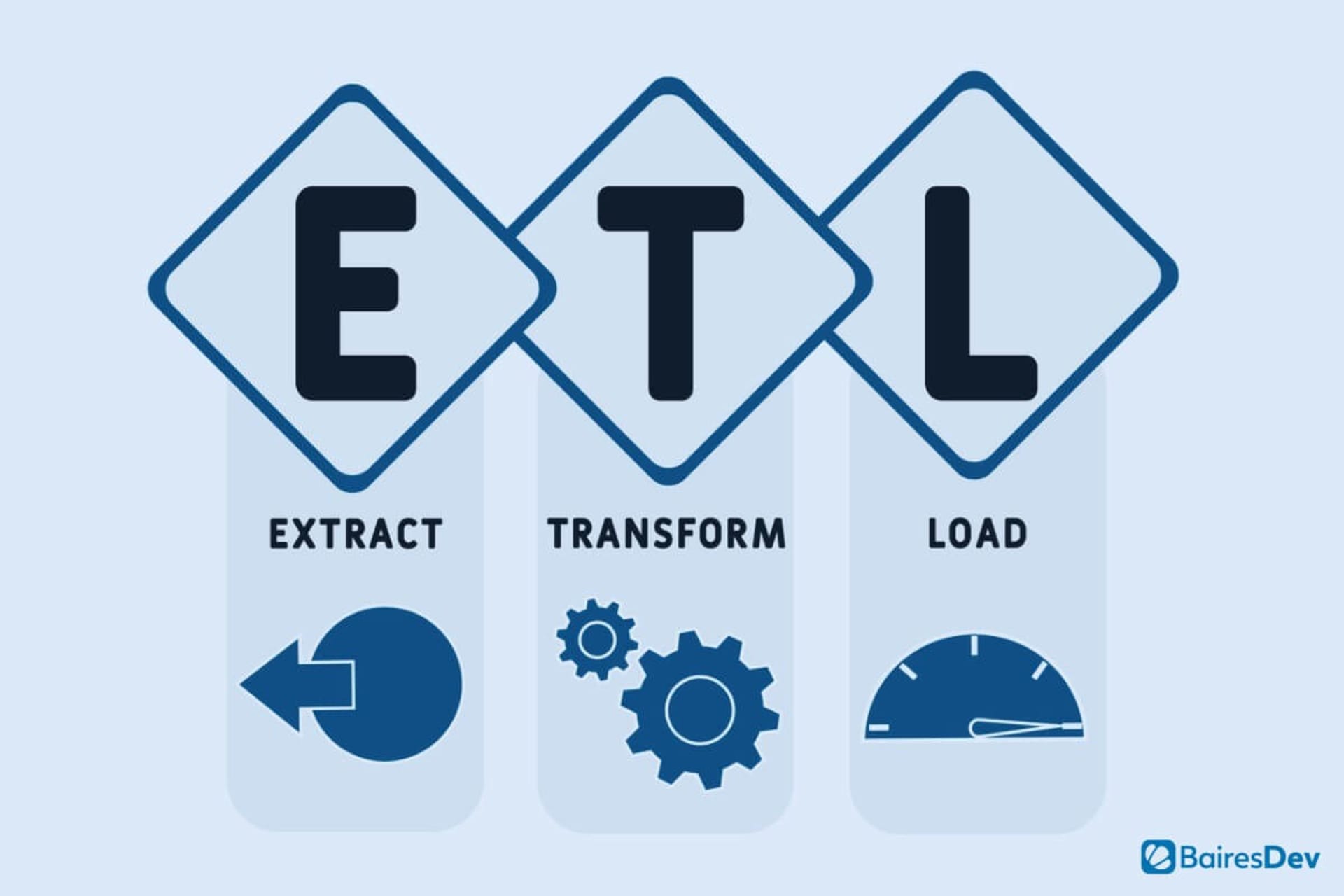Increasingly, data is becoming the fuel that powers companies’ abilities to understand market drivers, make important decisions, provide highly responsive service to customers, and perform many other critical functions. But the mere existence of data doesn’t offer this support. It’s what businesses do with it that gives it power.
Data can come from many sources and in a wide variety of types, so to even begin benefitting from it, organizations must first process it into a usable form. The steps to this process are known as extract, transform, and load (ETL). After undergoing this process, data becomes available to search for patterns and insights that can help drive business success.
But does your company need ETL? Here we explore its processes and benefits, as well as the tools that provide it, so you can make that determination for yourself.
ETL Processes
The extraction component of ETL involves obtaining data from a source, which could be a database, CRM application, or Excel spreadsheets. The extraction process is the way all this data is located and duplicated to prepare it for transformation.
The transformation element involves converting the data into a format that is compatible with the target repository. According to TechRepublic, “This data transformation is based upon the data conversion rules that IT defines to the ETL software.” The data conversion rules might include including or excluding certain data fields. These rules are part of the automated processes that in the past were performed manually by IT professionals.
Finally, in the load phase, the ETL software moves the converted data into its final location, such as a data warehouse. In this process, the ETL tool creates new records for each piece of data.
ETL tools may be used on-premises or in the cloud. ETL processes ensure that data is of high quality, consistent, and quickly available. Use cases for ETL include data warehousing, which is the simple act of storing data that has been collected and transformed. It is from this state that the data can be further deployed for activities like business intelligence (BI), machine learning (ML), and cloud migration.
ETL Benefits
ETL enables businesses to create a single data repository from a variety of sources and data types. Such a resource is critical for ensuring all decision makers have access to a single source of truth rather than data silos that provide different information to each department. For example, a sales manager might benefit from data related to the manufacturing process, which they may not have been granted access to in the past.
Also, many ETL tools support use by a broader cross-section of employees to make important decisions. Busy professionals don’t always have time to wait for data engineers to use specialized skills to generate reports or perform complex analyses. Newer tools enable those without such skills to perform those tasks themselves. The process can be enabled with drag-and-drop functionality, allowing department managers and others to quickly get the information they need to do their best work.
Additionally, all business users can easily see where data is coming from. This insight is essential for professionals who might be inclined to use unauthorized sources if they don’t trust the company’s central repository. Such actions can lead to inconsistent decision making and incompatible actions across departments. Such awareness can also provide an opportunity for professionals to suggest inclusion of appropriate data sources.
The following video provides additional insight into the benefits of ETL.
ETL Tools
ETL tools can be cloud-based, designed to be used on premises, or hybrid. Any of them could be useful, depending on each organization’s needs. Businesses interested in purchasing an ETL tool should focus on the following considerations.
- Primary uses. Decision makers should have a very good understanding of what the ETL will be used for within the organization, then look for a tool that will work well for those needs.
- Scalability. Think not only of current usage, but what the company’s needs might be in 3 to 5 years.
- Flexibility. A reliable ETL tool should be able to adjust to varying workloads — that is, respond to more or less data.
- Problem solving. A robust ETL tool must have the capacity to process errors and ensure data accuracy.
- Cost. Ensure the selected tool fits within the company’s budget. The way the tool works can help as well. Tools that, in addition to ETL, can perform ELT — which combines the loading and transformation steps — can reduce costs.
To speed up a tool’s functionality, users should limit the extraction process to only as much data as is needed. Tools can be set up to extract only information that is new or changed since the last process. Other best practices include using clean data and automating all steps of the process using artificial intelligence (AI).
The Demand for Data
Smart companies rely on data from a variety of sources to make critical decisions about issues ranging from where to place new store locations to what products customers might like to where they rank among their competition. To consider these matters, decision makers must have access to a holistic view of things like the company, customers, and competition. ETL tools provide essential support for gathering critical information in one place to help workers make decisions quickly and accurately.
Businesses that can benefit most from ETL tools include those with the following attributes.
- Companies of all sizes that depend on complex data collection and analysis
- Companies that need to pull data from different sources
- Companies that employ professionals skilled in ETL methods and tools or have the resources to train such professionals
- Companies that require more in-depth analysis than standard business intelligence tools can provide
- Companies that prioritize data-based decision making
So, could your company benefit from ETL? If it matches some of the descriptions above, the answer is likely yes.









